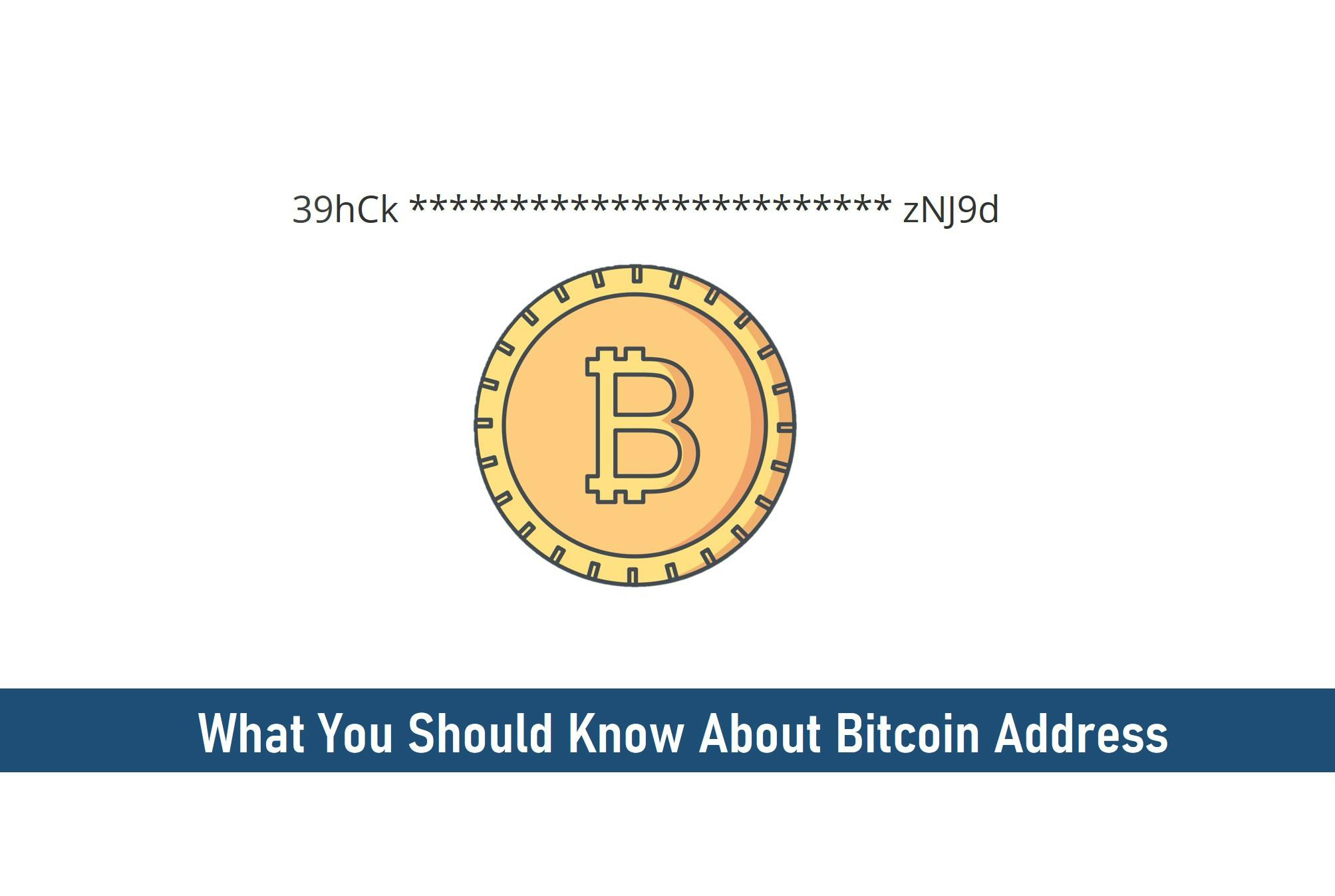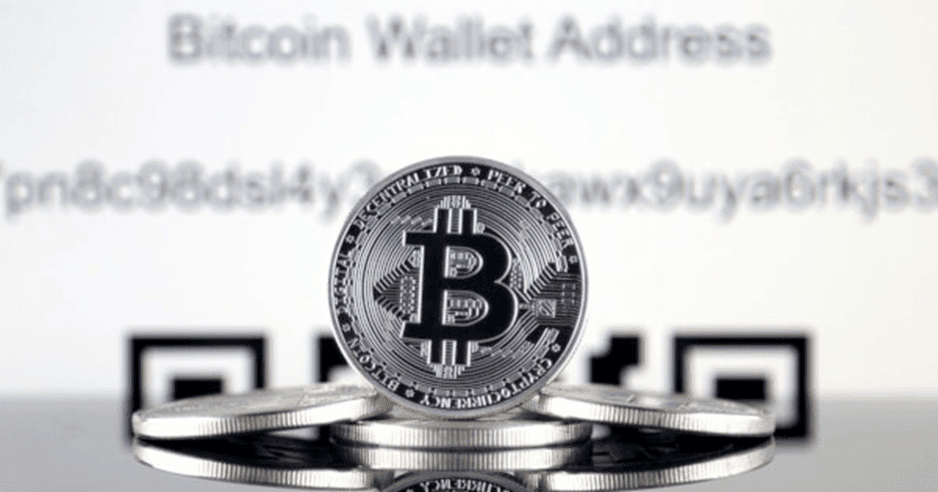
With the complexity of Bitcoin wallet addresses that are usually alphanumeric, there are unique identifiable formats to take note of when you view these addresses.
What are Bitcoin Addresses and their Formats?
A Bitcoin address is simply a unique alphanumeric code that is attached to one single user. The user’s wallet address is decoded on the blockchain and coordinates a “Send or Receive” Bitcoin transfer to and from the wallet. This is possible because of the uniqueness of these wallet addresses.
The Bitcoin address format is usually a 34 character representation of a unique code that is encrypted in a way to conceal the user’s data. The Bitcoin address is flexible and could take on the form of P2PSH and P2PKH formats.
In this article, I will elaborate more on these Bitcoin address formats, what they mean and how to identify them.

Key Takeaways
• The need to adopt Bitcoin address formats was to decide and achieve faster transaction speeds.
• Not all Bitcoin addresses are compatible with each other, which is why you need to verify the addresses before processing a transaction.
• The BECH 32 Bitcoin address format is the least acceptable address format, with less than 1% of Bitcoin stored in it.
• The P2SH Bitcoin address format is flexible, capable of working with both the BECH 32 Bitcoin address format and the P2PKH Bitcoin address format.
Also, the establishment of Bitcoin led to the creation of other altcoins, with Ethereum particularly standing out as a rival to Bitcoin.
SEE ALSO: Can A Bitcoin Wallet Address Be Traced?
SEE ALSO: What Are The Different Prefixes For Crypto Wallet Addresses?
Speaking of innovative solutions in the digital space, with Bitcoin came the wallet address, which comprised 26–35 alpha-numeric characters and enabled the transfer of Bitcoin.
This address is generated in different formats, and for you to be able to send and receive Bitcoin to a third party, the person has to have a wallet that supports the Bitcoin address format that is used by you.
This is why in this article I will be explaining the different types of Bitcoin address formats as it is important you know the differences before engaging in Bitcoin transfers.
Knowing this will be important when choosing a Bitcoin wallet and exchange, and it will also help you determine the strengths of each of the address formats and how they compare when it comes to flexibility, security, and ease of use.
Below is a list of the Bitcoin address formats:
1. P2PKH Bitcoin Address Format
The P2PKH format is attributed to Bitcoin addresses that begin with “1”, for instance, 1BvBMSEYstWetqTFn5Au4m4GFg7xJaNVN2. This was the default Bitcoin address that was created, and it is still functional at the time of writing this article.
P2PKH is an abbreviation for Pay-to-Pubkey Hash, and while it is not compatible with the segwit format, you can still transfer Bitcoin from a P2PKH address to a segwit address without much difficulty.
Note: Initially, when Bitcoin was created, it came with only one address, since the creator wanted to improve transaction speeds, the segwit format was introduced.
This segwit format required two addresses to be added for transactions, which were a segwit address and a compatibility address so that investors who used the new segwit format and those who continued with the original Bitcoin address could be able to engage in Bitcoin transactions successfully.
In terms of transaction fees, you will be charged more for using a P2PKH address because of the large transaction size of this format, while if you use a Segwit address, you will be charged less.
2. P2SH Bitcoin Address Format
Just like how addresses belonging to the P2PKH address format begin with “1”, the P2SH Bitcoin address format is for Bitcoin addresses starting with “3”, For instance, 3J98t1WpEZ73CNmQviecrnyiWrnqRhWNLy.
The P2SH in the P2SH Bitcoin address format stands for Pay to Script Hash, and this particular address format brings more to the table than the P2PKH Bitcoin address format.
This particular format is best used for addresses requiring more than one signature to approve a Bitcoin transaction and for non-segwit transactions using the P2WPKH-in-P2SH algorithm.
This address format processes transactions quite fast, and that is one of the reasons why it is so widely accepted as it can be used to transfer Bitcoin to both P2PKH and bech32 addresses.
3. BECH 32 Bitcoin Address Format
Bitcoin addresses that begin with “bc1” use the BECH 32 Bitcoin address format, For instance, bc1qar0srrr7xfkvy5l643lydnw9re59gtzzwf5mdq.
This address format is also longer than the above address formats in this article and is a supported segwit format, compatible with various hardware and software wallets but with few exchanges.
The BECH 32 Bitcoin address format is the least accepted format on this list because major wallets such as the Ledger and Keepkey wallets do not accept it and exchanges only support sending Bitcoin to the address format but do not allow users to receive Bitcoin using the same format.
For this reason, a very minute number of Bitcoin (less than 1%) is stored in the BECH 32 Bitcoin address format.
4. Bitcoin Cash Address Format
The major reason for the existence of this address format is to differentiate between Bitcoin and Bitcoin cash to prevent transfers from being sent to the wrong address.
This particular address format, which starts with “q” or “Bitcoincash: q”, is centered on the BECH 32 format but can support the P2SH format and the cash address format.
It also comes with the right tools that can enable you and other users to easily navigate between the P2SH format and the cash address format.
Frequently Asked Questions (FAQs)
How many characters are in a Bitcoin address?
There are around 26–35 characters in a Bitcoin address, consisting of letters and numbers that start with 1, 3, or bc1, depending on the particular Bitcoin address format.
What happens if I send Bitcoin to an invalid address?
If you send Bitcoin to an invalid address, the transfer will not take place and, as such, will not be processed by the Bitcoin network. This means that you would have a failed transaction with your Bitcoin holdings still intact.
Do Bitcoin addresses expire?
No, Bitcoin addresses do not expire. Your address is eternally bound to your Bitcoin account and can be used over and over again to send and receive Bitcoin.
Can you tell who sent you Bitcoins?
No, you can’t tell who sent you Bitcoin, but you can find out the details of a Bitcoin transaction with the help of the Blockchain Explorer.
Final Thoughts
You must know the particular Bitcoin address format that your Bitcoin wallet has so that you don’t make the wrong transactions.
To help you with that, this article has provided you with a list of Bitcoin address formats and the other addresses they are compatible with. This, of course, should be of great help to you going forward.
Read More




